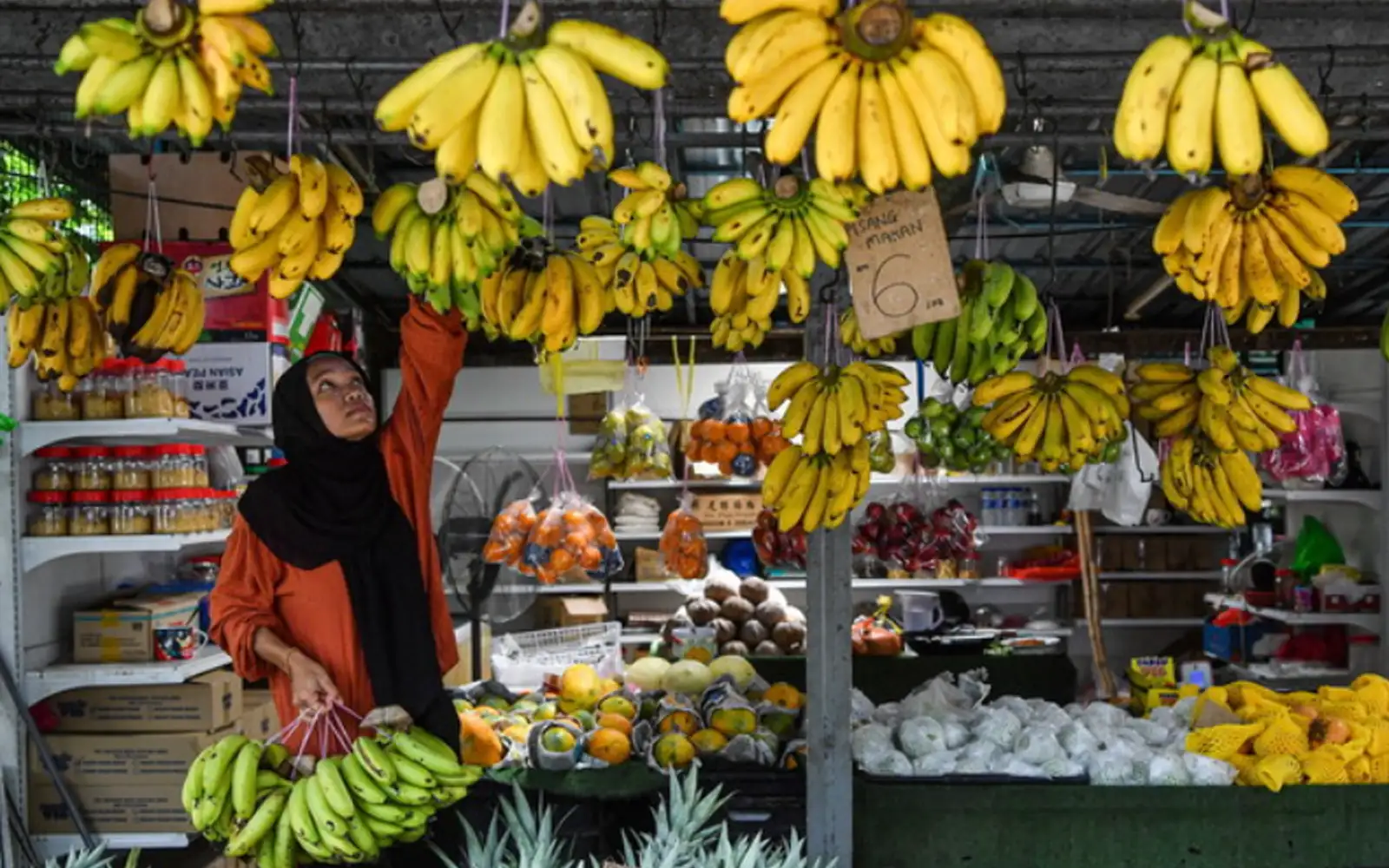From Saarani Vengadesen
The government’s recent decision to impose a tax on imported fruits to support local farmers is, in principle, a positive initiative. It demonstrates a commitment to strengthening the domestic agricultural sector and encouraging the consumption of locally grown produce.
However, this raises an important question: are our local farmers producing enough, in terms of both quantity and variety, to meet national demand? Without sufficient supply, such measures could unintentionally drive up prices and limit access to nutritious food for many Malaysians.
Although fruit may seem like a small issue, it actually plays a big role, especially as Malaysia enters the stage of an ageing population.
If fruits are not affordable, people may choose not to buy them, particularly the elderly, which could have serious implications for public health and nutrition. Ensuring fruits are both affordable and nutritious must therefore be a priority in our food policy.
To truly achieve food security and provide Malaysians with food that meets these needs, the government should also focus on innovation, particularly in developing market-oriented crops.
A study conducted in 2023 highlighted that factors such as income, product origin, colour and appearance have a positive relationship with consumers’ decisions to choose local fruits.
The study also found that consumers with higher disposable income tend to purchase more local fruits, particularly those of better quality and with a more attractive appearance.
In addition, price emerged as another key factor influencing consumer choices. Based on these findings, it is recommended that the price of local fruits be set at an affordable level to encourage greater demand while supporting the growth and sustainability of the local fruit industry.
This is where gene editing offers immense potential. Gene editing works like molecular scissors, allowing scientists to precisely cut and modify specific genes so that a plant expresses desired traits, such as improved nutrition, better yield or resistance to diseases.
Many countries have already embraced this technology to produce enhanced crop varieties, addressing food security and market needs at the same time. It also differs from genetic modification.
Several gene-edited fruits have been developed globally to address key challenges in production, shelf life and nutrition. For example, Tropic Biosciences in the UK has developed a gene-edited banana without introducing any foreign genetic material, where the gene responsible for producing polyphenol oxidase, the enzyme that causes browning, is disabled.
Similarly, Arctic Apples, first sold in the US in 2017, were gene-edited to silence the same enzyme, helping prevent browning and reduce food waste.
Additionally, crops like melon, kiwifruit and mushrooms have been gene-edited to prevent browning. In Japan, gene-edited tomatoes with higher levels of gamma-aminobutyric acid have been approved for sale, promoted for their potential to help lower blood pressure.
Research is also ongoing to use gene editing in citrus fruits to provide resistance to diseases such as citrus canker and Huanglongbing, a bacterial infection of citrus plants. These innovations illustrate the potential of gene editing to produce fruits that are more appealing, nutritious, and resilient.
Malaysia has often missed the boat when it comes to adopting emerging technologies in agriculture. But today, we have a valuable opportunity to lead in this space. For example, the Malaysian Agricultural Research and Development Institute (Mardi) is making strides in this field. According to Mardi principal research officer Zulkifli Ahmad Seman, they now have a potential gene-edited padi line currently undergoing the screening phase.
As we have local experts capable of advancing this work, greater political will is needed to support the commercialisation of gene-edited crops. This should be backed by facilitative policies and adequate funding to help translate research into real-world impact.
Adopting gene editing would also align with the goals of Malaysia’s National Biotechnology Policy 2.0, which emphasises innovation, sustainable agriculture and the use of advanced technologies to enhance national food security and economic competitiveness.
By embracing gene editing, Malaysia can not only strengthen its fruit industry but also demonstrate its commitment to realising the ambitions set out in this national policy.
Saarani Vengadesen is a PhD candidate in biotechnology regulation at the Faculty of Law, Universiti Malaya.
The views expressed are those of the writer and do not necessarily reflect those of FMT.
